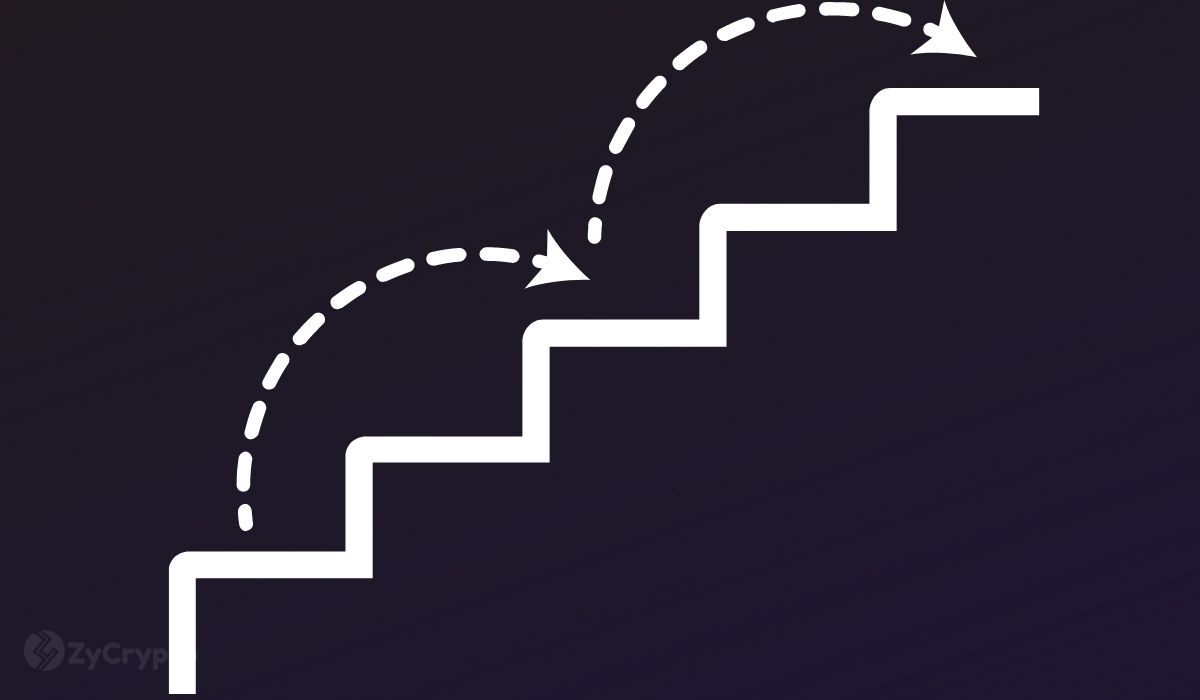- SEGA and Namco are pushing into blockchain gaming despite falling asset prices.
- Executives of the gaming behemoths say that they are driven by the urge to create the future rather than profits.
- Analysts believe gaming is the most viable application of Web3 technology, as shown by the sector’s rapid growth.
Japanese gaming giants have blockchain gaming in their crosshairs as they look to grab a piece of the pie.
At the 2022 Tokyo Games Show, Ryo Matsubara, a director of Oasys blockchain, revealed that big gaming companies are looking to transition to Web 3 gaming. His comments indicate that the firms are not merely looking to ride the wave. Instead, they are looking to be long-term players in the space.
“We have a shared vision about blockchain at the executive level,” Matsubara said. “They really understand the future of blockchain. They’re not thinking about just the revenue; they want to create the next future of gaming.”
Matsubara identified the firms as Bandai Namco, the company behind the classics like Pac-Man, Tekken, Dragon Ball Z, and Elden Ring, amongst others. Square Enix, the maker of Final Fantasy, has also thrown their hearts in the ring for the development of blockchain games, with Sega charting their path.
Matsubara noted that the companies are not looking to integrate digital asset features on existing titles; instead, they will create new games with Web3 functionalities. He added that after the model attains a measure of sustainability, there is a chance that the new features will be extended to existing titles.
SEGA’s claims at Web3 gaming
SEGA’s execs have previously disclosed that the company is working on a game that will embody all the elements of blockchain gaming. The game appears to be a framework in which several titles will be released underneath that will “go beyond the traditional framework of games.”
There are widespread reports that the new framework will feature Non-Fungible Tokens (NFTs), allowing gamers to own in-game items.
“It is a natural extension for the future of gaming that it will expand to involve new areas such as cloud gaming and NFTs,” said Masayoshi Kikuchi, Sega producer. “We are also developing SuperGame from the perspective of how far different games can be connected to each other.”
Unsettling market conditions
The companies’ push into blockchain gaming comes when the initial market buzz is waning. NFT floor prices are in decline, and transaction volumes are a shadow of themselves from the highs of 2021.
The decline stems from the crypto winter that sent the industry’s market capitalisation from nearly $3 trillion to less than $900 billion. However, entering the space in the middle of a bear market has been hailed as being the “best time to build” as creators are not carried away by the glitz and glamour associated with all-time highs.







